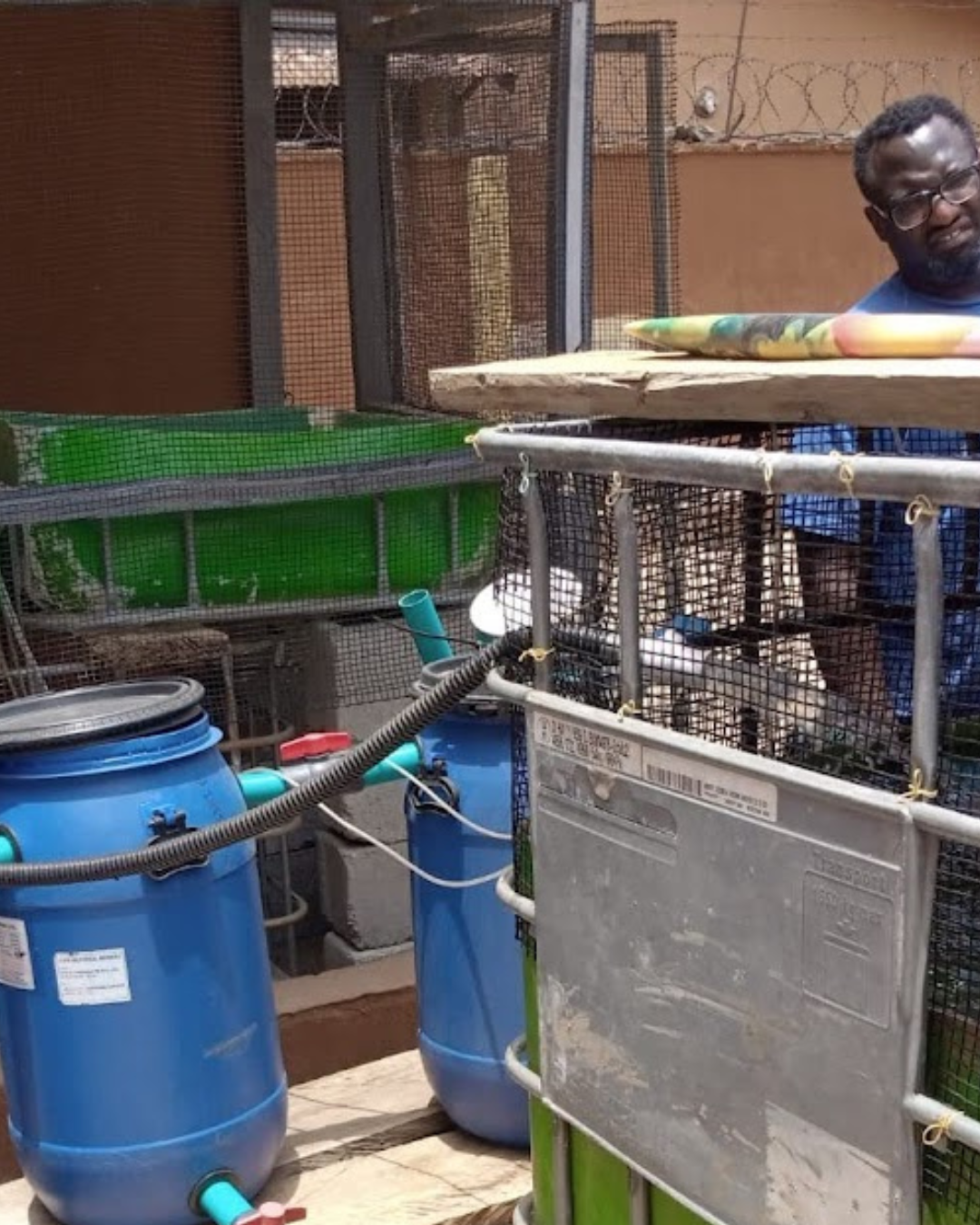Auto experts
Innovation as the Backbone of Sustainable Fish Farming
RFisheries Nigeria Limited is leading the way in sustainable aquaculture by partnering with Aglobe Development Center (www.aglobe.org), University of Ibadan, and the Federal University of Agriculture, Abeokuta (www.unaab.edu.ng). We utilize cutting-edge research and local expertise to enhance fingerling quality, optimize fish feed, and promote eco-friendly practices. Our findings are published in esteemed journals, demonstrating our commitment to knowledge-sharing and industry leadership. Together, we are shaping the future of aquaculture in Nigeria.
UI/UX Design Agency
Key areas we address
Our Key R&D Initiatives
Pioneering Solutions for a Thriving Fish Farming Industry
Rfisheries is committed to actionable innovation. Our R&D initiatives are strategically designed to support fish farmers with practical solutions for complex challenges.
01.
Feed Formulation Optimization
Advanced feed formulations to enhance fish growth, improve nutritional value, and reduce feed conversion ratios, making operations more profitable.
02.
Disease Monitoring and Prevention
Cutting-edge health monitoring tools and disease prevention strategies to ensure the well-being of fish stocks.
03.
Sustainable Water Recirculation Systems
Technology-driven solutions to optimize water use, maintaining quality while reducing resource consumption.
04.
Fish seed multiplication
It involves selecting healthy/ desired broodstock, spawning, hatching eggs and nursing frys. This process is crucial for sustainable fish farming improving fishproduction and conservation of the desired trait. We explore these for gaps to be filled and improve the industry.
What’s Included in Every Pack
Partnering for Progress
At Rfisheries, we believe collaboration fuels innovation. Together, we’re setting new benchmarks for fish farming excellence in Nigeria and beyond.
Impact of Our R&D Efforts
Driving Results That Matter .
Our research-driven approach delivers measurable benefits for fish farmers, including:
-
Increased Productivity Improved farming practices that yield higher outputs.
-
Reduced Costs Optimized resource utilization to lower operational expenses.
-
Enhanced Fish Quality Healthier, faster-growing fish with superior market value.
-
Environmental Sustainability Eco-friendly methods that balance profitability with responsibility.

